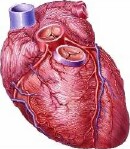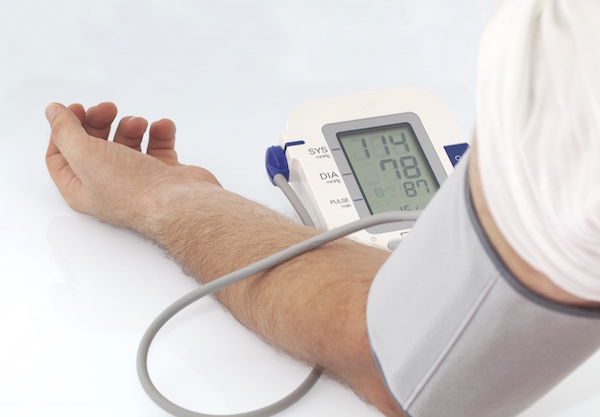
SUNDAY, Nov. 15 (HealthDay News) — Rapid cooling of heart attack patients may boost their chance of survival without brain damage, Swedish researchers report.
They examined the use of a device called RhinoChill, which cools the brains of heart attack patients during ongoing cardiopulmonary resuscitation (CPR). RhinoChill is a non-invasive device that pumps coolant into a patient’s nose.
The study, funded by device maker BeneChill, Inc., included 182 patients — 83 who who received nasal cooling and 99 who received standard care. The median time between cardiac arrest onset and the start of cooling was 23 minutes. On arrival at hospital, the average body temperature of cooled patients was 34.2 degrees C (93.56 degrees F), compared with 35.5 degrees C (95.9 degrees F) for standard care patients.
The study found that:
- 46.7 percent of patients in the cooling group survived to hospital discharge, compared with 31 percent of patients who received standard care.
- 36.7 percent of those in the cooling group and 21.4 percent of those in the standard care group were in good neurological condition when discharged from the hospital.
- Among the 137 patients in whom resuscitation efforts began within 10 minutes of cardiac arrest: 59.1 percent of cooled patients and 29.4 percent of standard care patients survived to hospital discharge; 45.5 percent of cooled patients and 17.6 percent of standard care patients were neurologically intact at hospital discharge.
- Patients who received a combination of early CPR — started within six minutes of collapse — and cooling had the best outcomes.
Eighteen adverse events were reported after nasal cooling, including three nosebleeds and 13 nasal discolorations. Normal color returned to all patients who survived. Serious adverse events, such as seizure or repeat cardiac arrest, occurred in seven cooled patients and 14 standard care patients.
“We now have a method that is safe and can be started within minutes of cardiac arrest to minimize (brain) damage during this very critical period,” study lead author Dr. Maaret Castren, professor of emergency medicine at the Karolinska Institute in Stockholm, said in a news release.
“Our results show that the earlier you can do the cooling, the better. When resuscitation efforts were delayed, there was no significant difference in survival,” Castren said.
The study was to be presented Nov. 15 at an American Heart Association’s annual meeting in Orlando, Fla.
More information
The American Heart Association has more about heart attacks.

